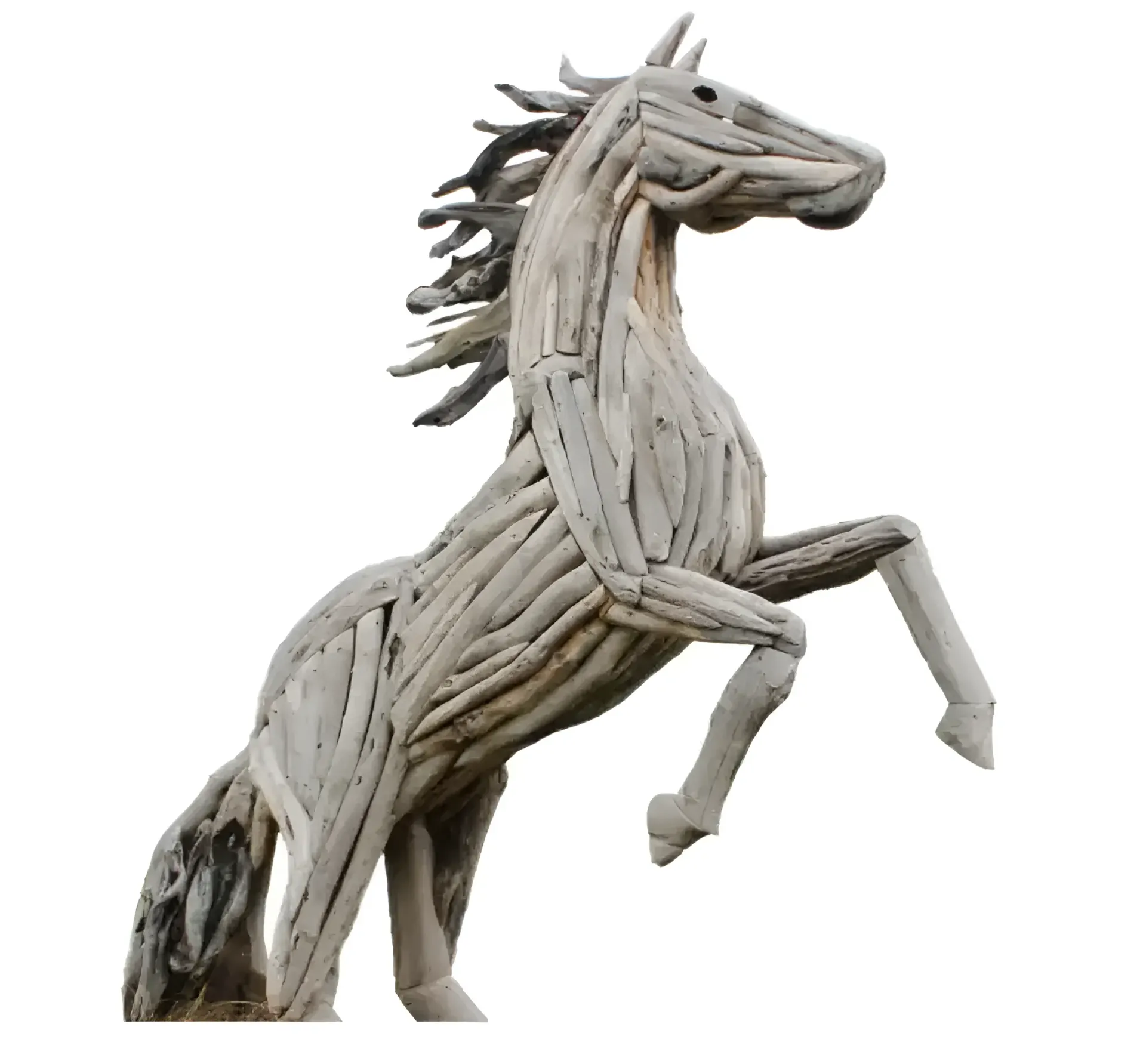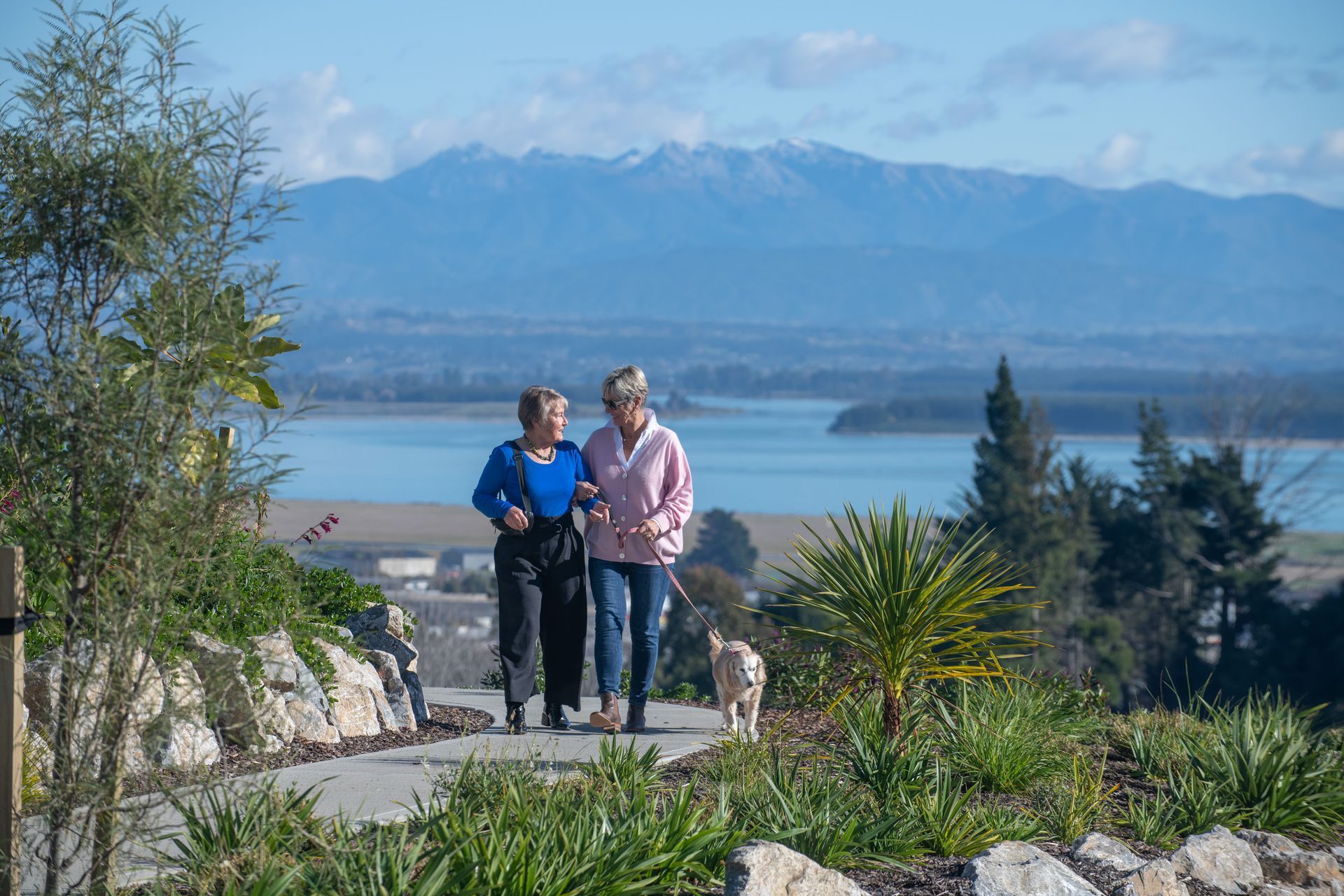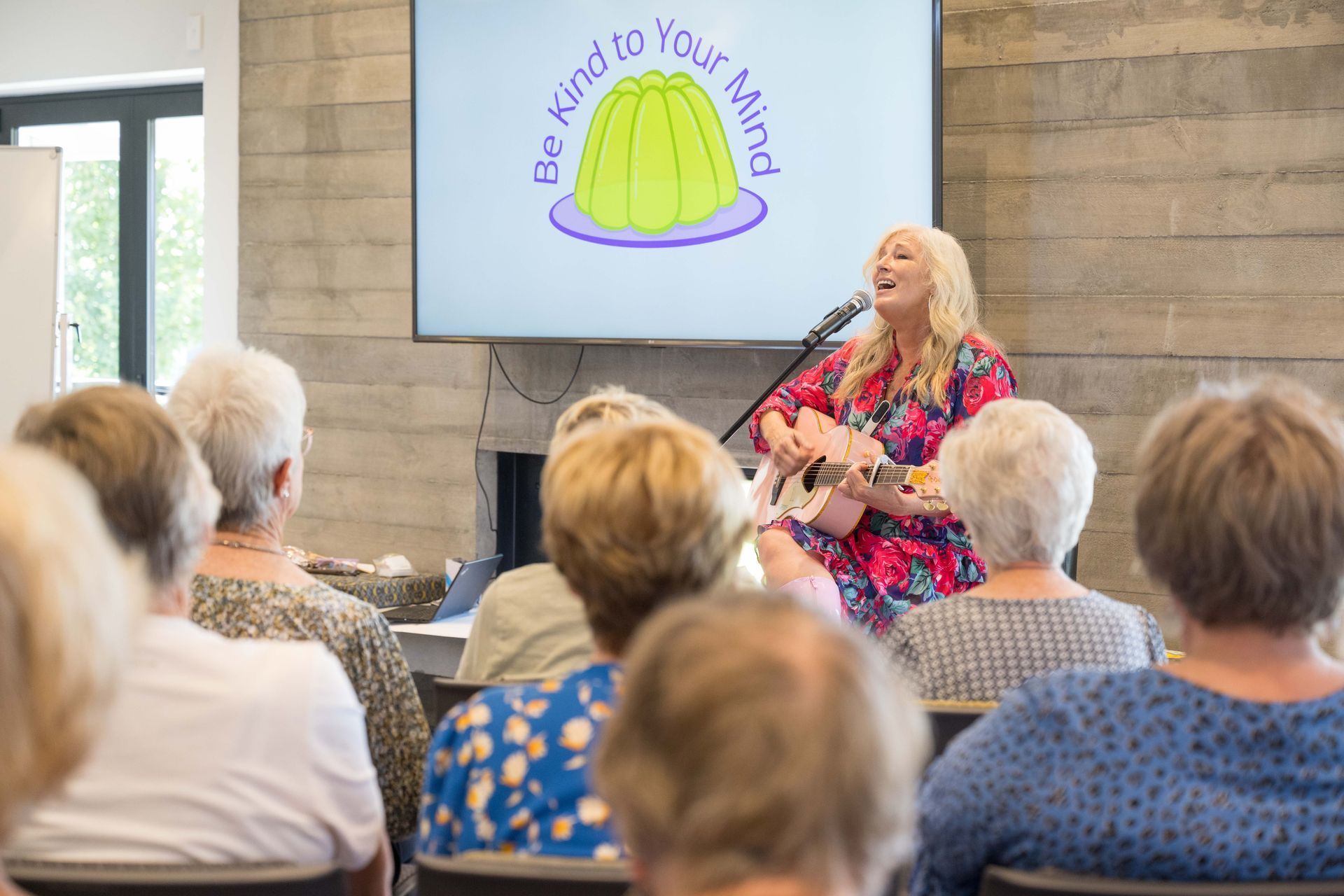Dementia and Memory Care, Explained: A Down-to-Earth Guide for Families
Dementia. It’s one of those words that can feel heavy the moment it enters the conversation. For many families, it begins subtly-an occasional forgetful moment, a lost word, a misplaced item-and slowly, the picture sharpens into something more serious. If someone you love is starting to show signs, or has just been diagnosed, you’re not alone. And you don’t have to navigate it blind.
This guide breaks down what dementia really is, what to do after a diagnosis, and how modern memory care-like the kind offered at Qestral-can help preserve not just safety, but dignity, connection, and quality of life.
Dementia 101: What It Is (and Isn’t)
First off, dementia isn’t a single disease. It’s a catch-all term for a collection of symptoms that mess with memory, thinking, and daily life. Alzheimer’s is the most common form, but there are others too-like vascular dementia or Lewy body dementia. While age is a risk factor, dementia isn’t some inevitable part of growing old.
Here are a few early red flags to watch for:
- Repeating questions, missing appointments, or forgetting recent events
- Struggling with everyday tasks or decision-making
- Getting confused about where they are or what time it is
- Mood changes or unusual personality shifts
- Pulling away from social activities or hobbies
If any of these sound familiar, it’s a good idea to chat with a doctor. Catching it early can make a real difference in managing care and planning ahead.
What Happens After a Diagnosis?
Getting that official diagnosis can feel like a punch in the gut-but it can also bring a kind of clarity. You can start making sense of things, get organised, and take steps to support your loved one with care and compassion.
Here’s what helps:
1. Learn and Loop People In
Understand the specific type of dementia, and share what you learn with close family or friends. You’ll need a team.
2. Get Legal and Financial Ducks in a Row
Things like powers of attorney, updated wills, and planning ahead for care aren’t fun-but they’re important.
3. Build Routines
Predictability soothes anxiety. A consistent daily rhythm helps ground someone with memory loss.
4. Find Support Networks
There are brilliant organisations and support groups out there. Lean on them.
5. Talk About Future Care
It’s early, but now’s the best time to explore long-term options-before it becomes urgent.
What Is Memory Care-and Why It Matters
Memory care isn’t just aged care with a different label. It’s specialised, hands-on support built around the unique needs of people living with dementia. And forget the outdated idea of locked doors and sterile wards-today’s memory care is all about dignity, calm, and connection.
At its best, memory care offers:
- Familiar routines that reduce stress
- Gentle sensory activities and soothing spaces
- Opportunities to connect with others
- Environments designed to feel like home
At Qestral, memory care means purpose-built dementia suites that balance safety with warmth. Private rooms. Secure gardens. Soft lighting and peaceful layouts. Everything is thoughtfully designed to reduce agitation and promote calm.
When Is It Time to Consider Memory Care?
Every journey is different, but some signs signal that more support might be needed:
- Safety risks at home (like wandering, leaving the stove on, or frequent falls)
- Caregiver burnout
- Trouble with basic daily tasks
- Increasing isolation
- Disorientation in once-familiar places
A move to memory care doesn’t mean giving up-it can actually mean getting more out of each day, with tailored support and less stress on everyone involved.
Connecting With a Loved One Who Has Dementia
Communication can be one of the toughest parts of the journey. But small adjustments go a long way:
- Use simple, clear language
- Speak slowly, make eye contact
- Don’t argue-validate their feelings instead
- Try shared activities like listening to music or flipping through photo albums
- Stay calm-your tone can mean more than your words
At Qestral, every staff member in memory care receives dementia-specific training to make each interaction respectful, empathetic, and meaningful. The goal is always to see the person behind the symptoms-and meet them where they are.
Memory Care at Qestral: Built With Heart
Qestral’s approach to memory care is rooted in the same values behind every one of its retirement villages: independence, innovation, and community.
Here’s what that looks like in practice:
- Dedicated dementia care suites with calming interiors and access to secure outdoor spaces
- Friendly, trained staff on site 24/7
- Smart safety features like discreet emergency call systems and passive sensors
- Engaging programs from music therapy to guided relaxation
- A smooth, supported transition if someone needs more care over time
The point? Memory care should enrich life-not shrink it. With thoughtful design and nurturing surroundings, residents can feel seen, safe, and connected.
Supporting the People Who Support
Let’s not forget the families. A dementia diagnosis affects everyone. But it can also bring out something beautiful: deeper love, resilience, and a stronger bond. At Qestral, families are more than just visitors-they’re partners in care. We keep you in the loop, welcome your involvement, and make sure your loved one is truly known, not just managed.
Curious to learn more about memory care with Qestral? Come see how we’re creating places that honour dignity, support independence, and give families peace of mind-from day one. Visit www.qestral.co.nz to explore
Keep Reading
Choosing a retirement village is about finding the right lifestyle, financial fit, and level of care to meet your needs now and in the future. Explore more of Qestral’s resources or speak to our team for personalised tour.

Contact Us
(03) 983 1100
Ground Floor, 148 Victoria Street, Christchurch, 8013
P.O. Box 13206,
Christchurch, 8140
Reception Hours
- Mon - Fri
- -
- Sat - Sun
- Closed










